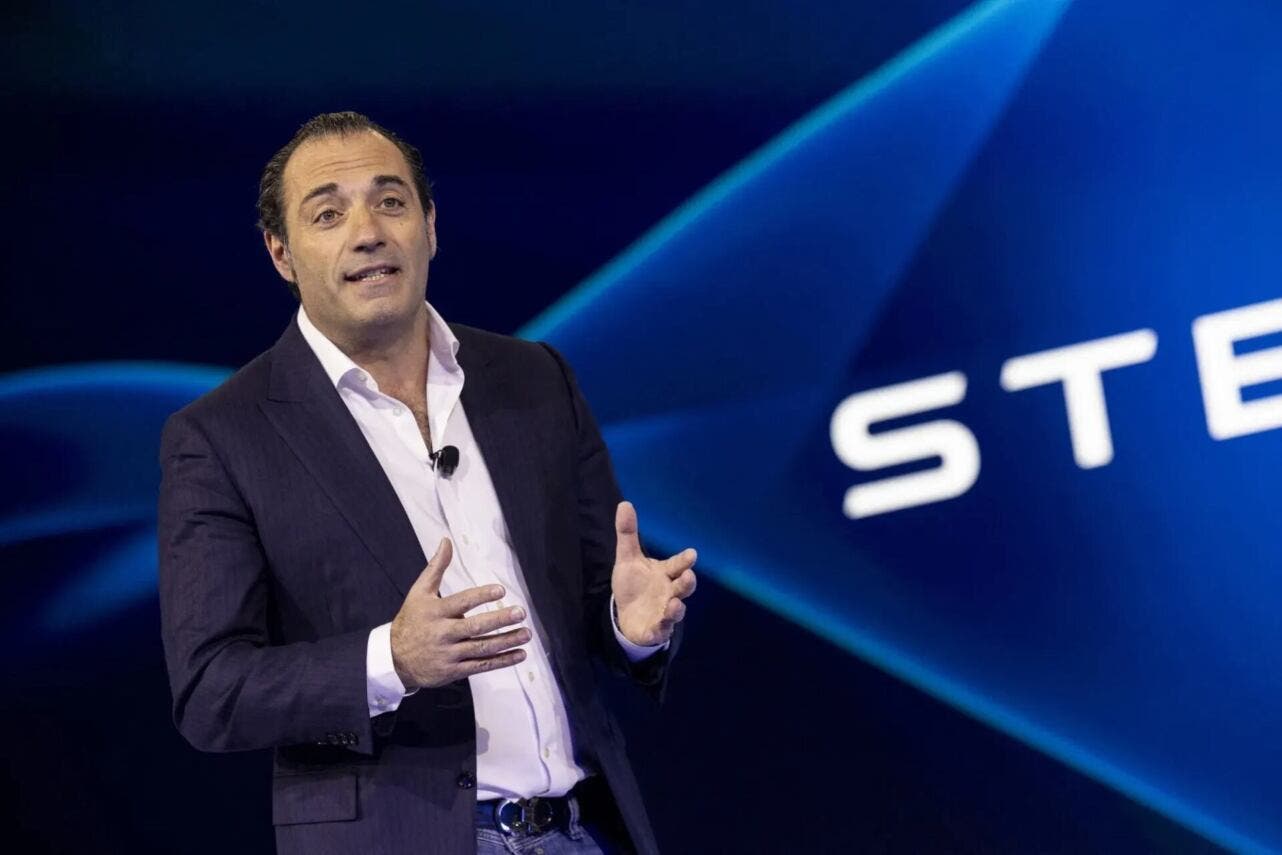In an interview with Il Sole 24 Ore, newly appointed Stellantis CEO Antonio Filosa outlined the group’s priorities. “The Italy Plan represents a highly significant commitment, strongly supported by Chairman Elkann with determination and in a constructive way, together with Jean-Philippe Imparato,” said the executive, who has been leading the company for less than three months but has been with the group since 1999. He then issued a warning: “Strategic dialogue is valuable, but now we must act with maximum urgency. We cannot afford further delays.”
Stellantis CEO Filosa: Europe must act quickly on auto market challenges

According to Filosa, the proposal is to build “a flexible system that meets real needs,” based on technological neutrality, the development of hybrid and range-extended powertrains, incentives for fleet renewal, and super credits for city cars and EVs. “Volumes will come with the launches of new models.” These include the new Jeep Compass produced in Melfi on the STLA Medium platform, the Fiat 500 Hybrid built in Mirafiori, and the new Panda, slated for production in Pomigliano and developed on the STLA Small platform.
The CEO also highlighted the structural decline in demand: “Before the pandemic, the European market counted about 18 million registrations; today it does not even reach 15 million. In five years, three million vehicles have been lost, the equivalent of the Italian and Spanish markets combined.” According to Filosa, this situation requires targeted interventions, especially in the light commercial vehicle sector. The proposal is to extend the CO₂ emissions averaging period for automakers from three to five years, while introducing an offset credit system to reward investments in electrification, infrastructure, and fleet renewal.
Finally, Filosa floated a long-term idea: a new category of vehicles inspired by Japan’s kei cars. “It would be an extremely interesting strategy, because Europe must also address the issue of affordability,” he explained. The proposal would include super credits for small EVs, incentives tied to eco-scores, and measures aimed at replacing older vehicles.
